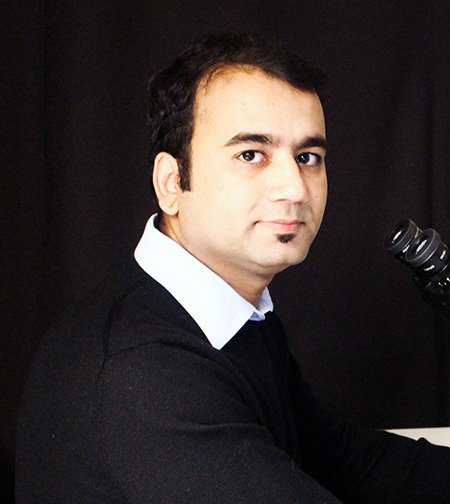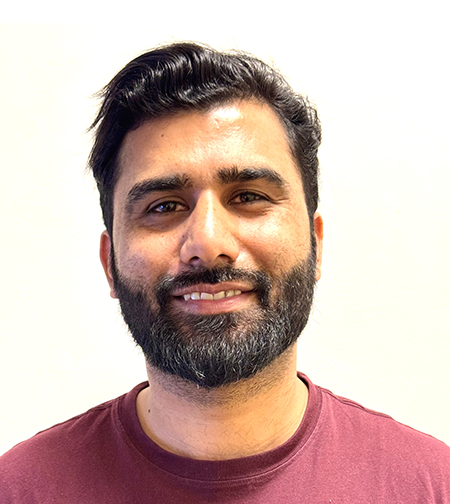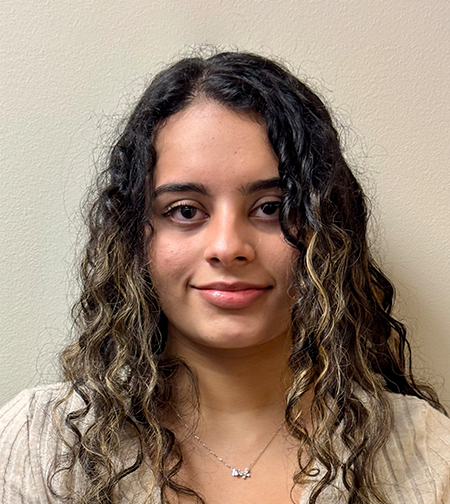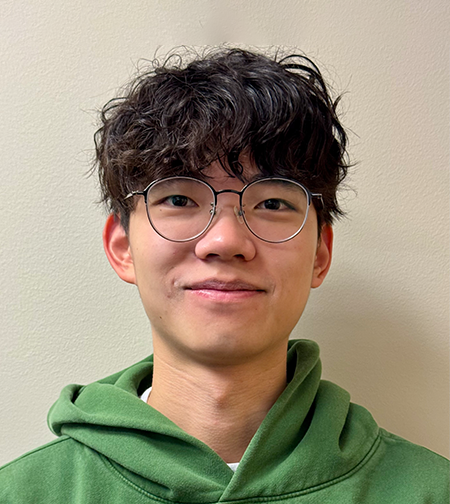Rahman Lab Members

Sheikh A. Rahman, PhD
Dr. Rahman is an infectious disease researcher with a specific interest in Human Immunodeficiency Virus (HIV). During his Ph.D. at the Ruprecht Karl University of Heidelberg, Germany, and then as a Visiting Fellow at the National Institutes of Health, USA, Dr. Rahman studied HIV biogenesis and lentiviral genome packaging mechanisms. These studies resulted in significant contributions to the field of HIV virology. As a postdoctoral fellow and then as a junior faculty at the Emory National Primate Research Center, Dr. Rahman studied HIV pathogenesis and cure strategies using the non-human primate model. Here, Dr. Rahman investigated vaccine and immunotherapeutic approaches toward achieving a functional HIV cure. These studies resulted in high-impact publications. In addition, Dr. Rahman studied vaccine development for other infectious agents such as SARS-CoV-2 and Hepatitis C Virus using mouse and NHP animal models. Dr. Rahman has developed extensive expertise in the field of HIV virology, immunology, vaccinology, and therapeutic approaches that utilize techniques such as multi-panel flow cytometry, immunohistochemistry, RNASeq, organoid and cell culture, live cell imaging, molecular and biochemical techniques such as vector designing, cloning, and antigen-specific T and B cell immunological assays. Dr. Rahman is using cutting-edge approaches to push the boundaries of HIV research that can lead to a successful cure.

Callie Wilde
Callie Wilde is a Research Specialist, with a foundation in neuroscience, psychology, and biology. Her current research in Rahman Lab is centered on mastering techniques such as effective lab management, cell culture, flow cytometry, and experimental design. Driven by a deep desire to help people and contribute to the advancement of science, Callie is committed to exploring avenues that may lead to potential cures. With aspirations in the medical field, she is dedicated to acquiring the skills and knowledge that will enable her to make meaningful contributions to the scientific community and impact the lives of people for the better.

Saleem Anwar, PhD
Saleem Anwar is a molecular virologist with a strong background in host-pathogen interactions and antiviral immunity. During his PhD at the Multidisciplinary Centre for Advanced Research and Studies (MCARS) at Jamia Millia University, New Delhi, he made pioneering contributions to understanding the cGAS-STING pathway in HCV infection. His work was the first to elucidate the role of this critical pathway during HCV infection, earning him the prestigious ICMR Senior Research Fellowship.
Dr. Anwar has developed extensive expertise in virology, immunology, and therapeutic strategies. His technical skills include western blotting, immunofluorescence, RT-qPCR, confocal microscopy, gene silencing, flow cytometry, handling BSL-2 pathogens, and culturing diverse human cell lines. Committed to translational research, Dr. Anwar strives to contribute to innovative therapeutic solutions for viral infections and immune-related diseases.
As a postdoctoral researcher in Rahman LAB at the Emory School of Medicine, Dr. Anwar is investigating determinants of HIV infection and anti-viral immunity. By employing a range of techniques combined with ex vivo, and in vivo models of HIV/AIDS, his work aims to uncover the cellular and molecular mechanisms underlying anti-HIV immunity and latent viral infections to advance the development of HIV cure therapies.

Diya Hebbar
Diya Hebbar is a sophomore at Emory University majoring in Anthropology and Biology with a minor in Spanish. She is passionate about exploring the intersection of infectious disease and immunology, particularly in the context of HIV research. As a researcher at Rahman Lab, Diya is exploring ways to model HIV infection using lymphoid organoids to dissect pathways of latent reservoir formation and also facilitate drug screening and their implications for HIV cure. Beyond academics, she enjoys traveling, cooking, and listening to music.

Tim Yau
Tim Yau is a sophomore at Emory University majoring in Biology with a minor in Quantitative Sciences. Originally from Taipei, Taiwan, Tim joined Rahman Lab to gain hands-on research experience, develop technical skills, and contribute to impactful scientific projects. His research focuses on understanding the impact of HIV infection on T cell regenerative mechanisms and its implications for a cure. Passionate about biology and data-driven research, Tim aims to integrate his interests in medicine and scientific inquiry to advance healthcare and biomedical research.
Lab Alumni

Zerar Patel
As a Kennesaw Mountain High School Academy/magnet program scholar, Mr. Zerar Patel holds a strong career interest in the medical field. In the summer program at Dr. Rahman’s lab, Mr. Patel undertook advanced scientific research exposure training. During this time, Zerar learned the importance of biosafety protocols, generating scientific hypotheses, designing research strategies, conducting scientific experiments, and analyzing and interpreting data.

